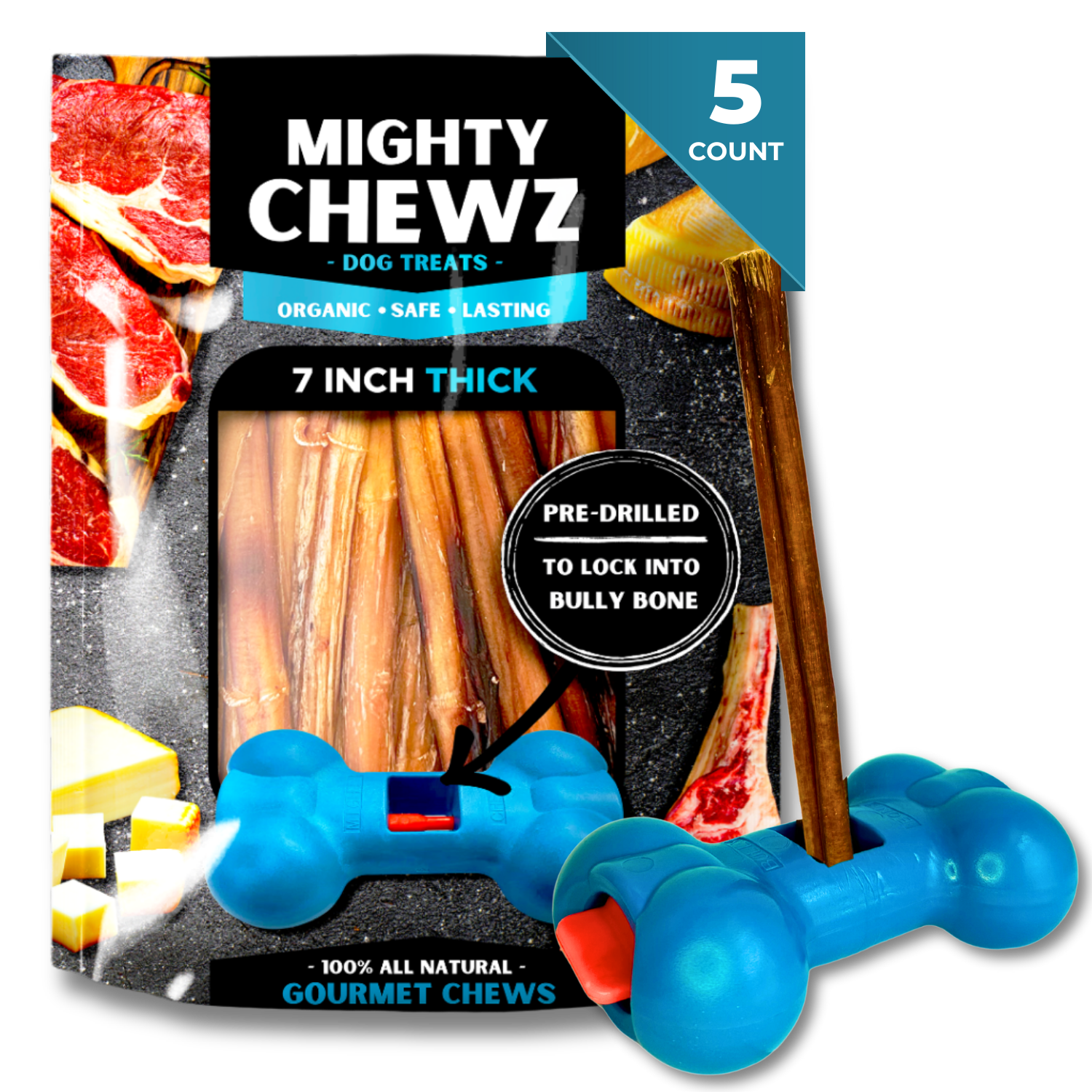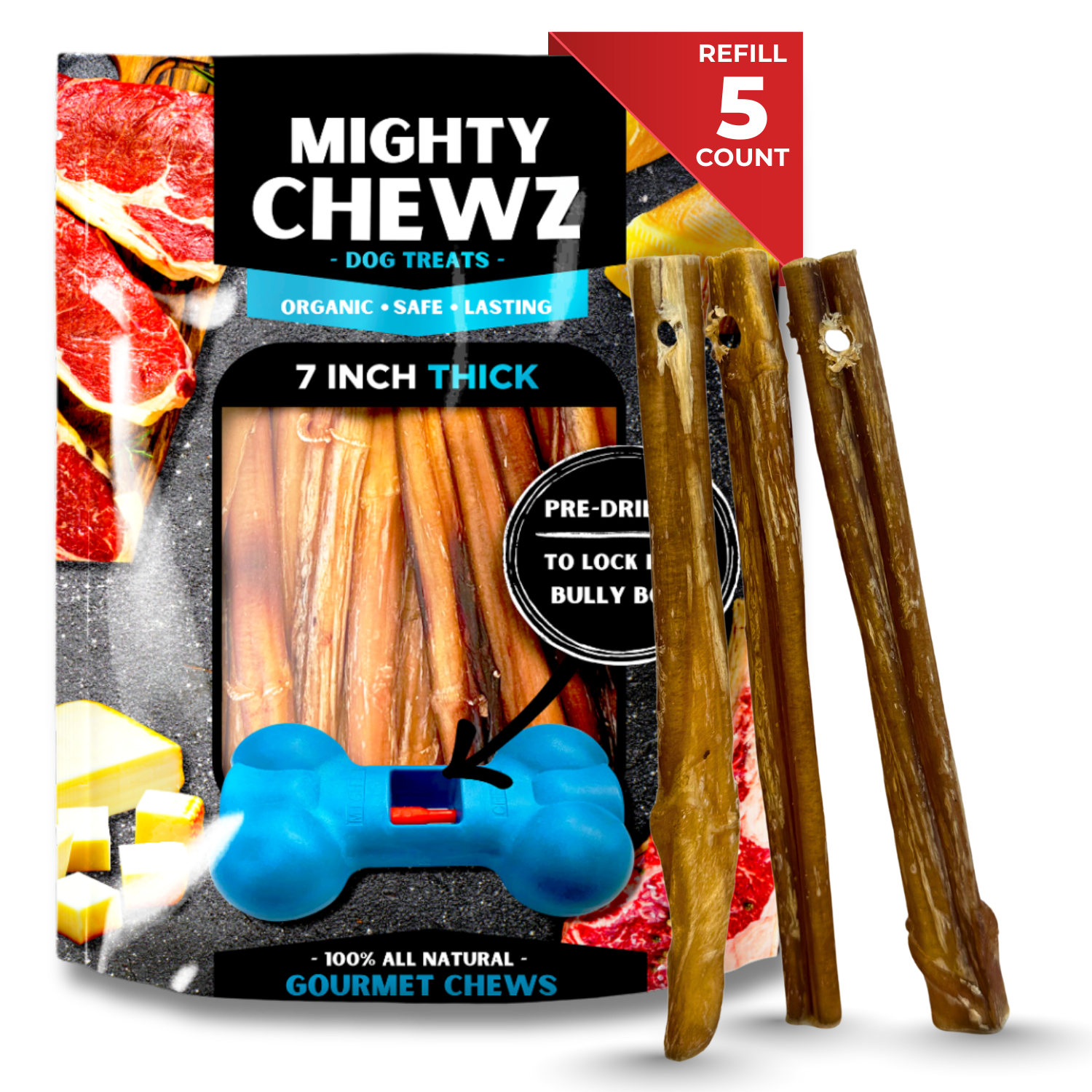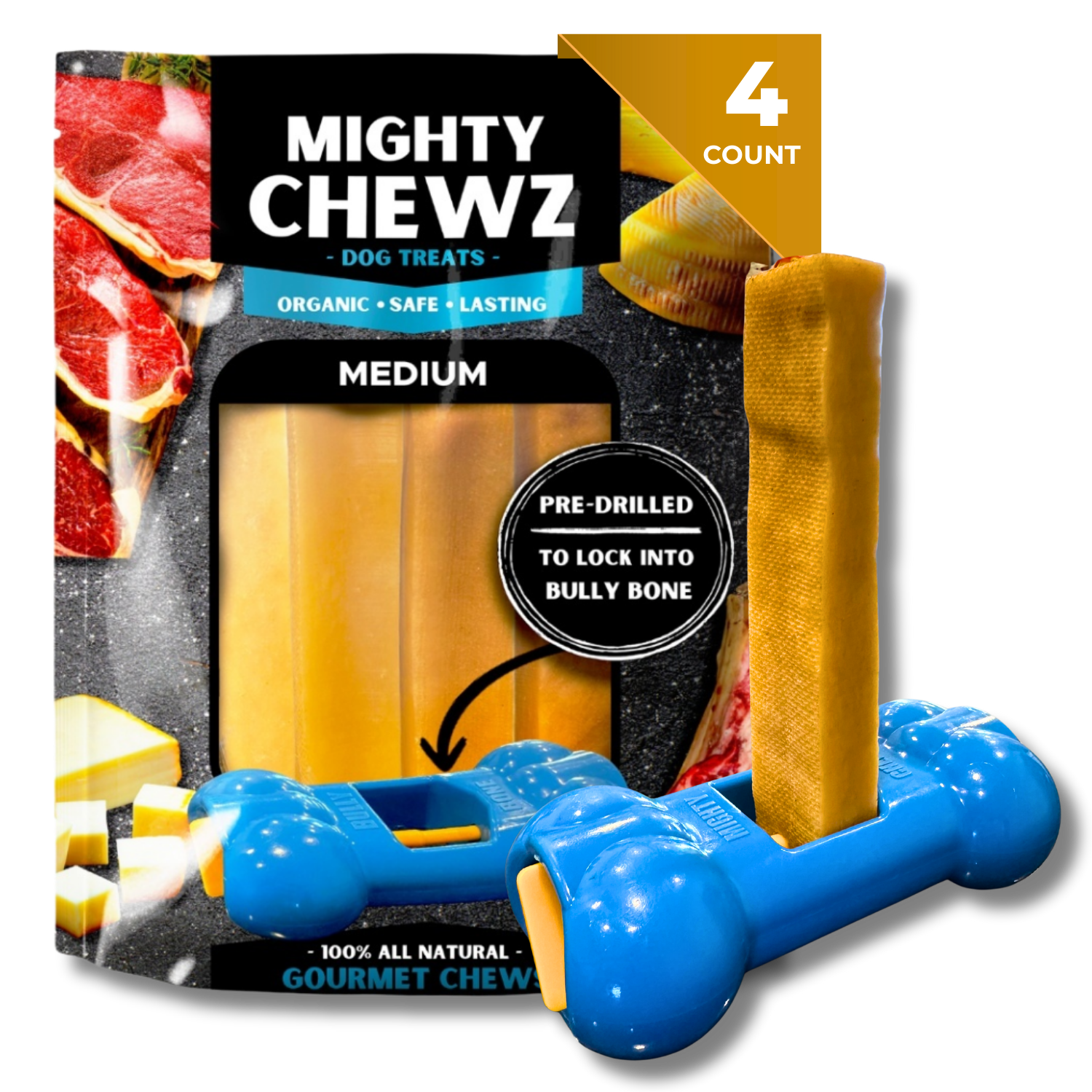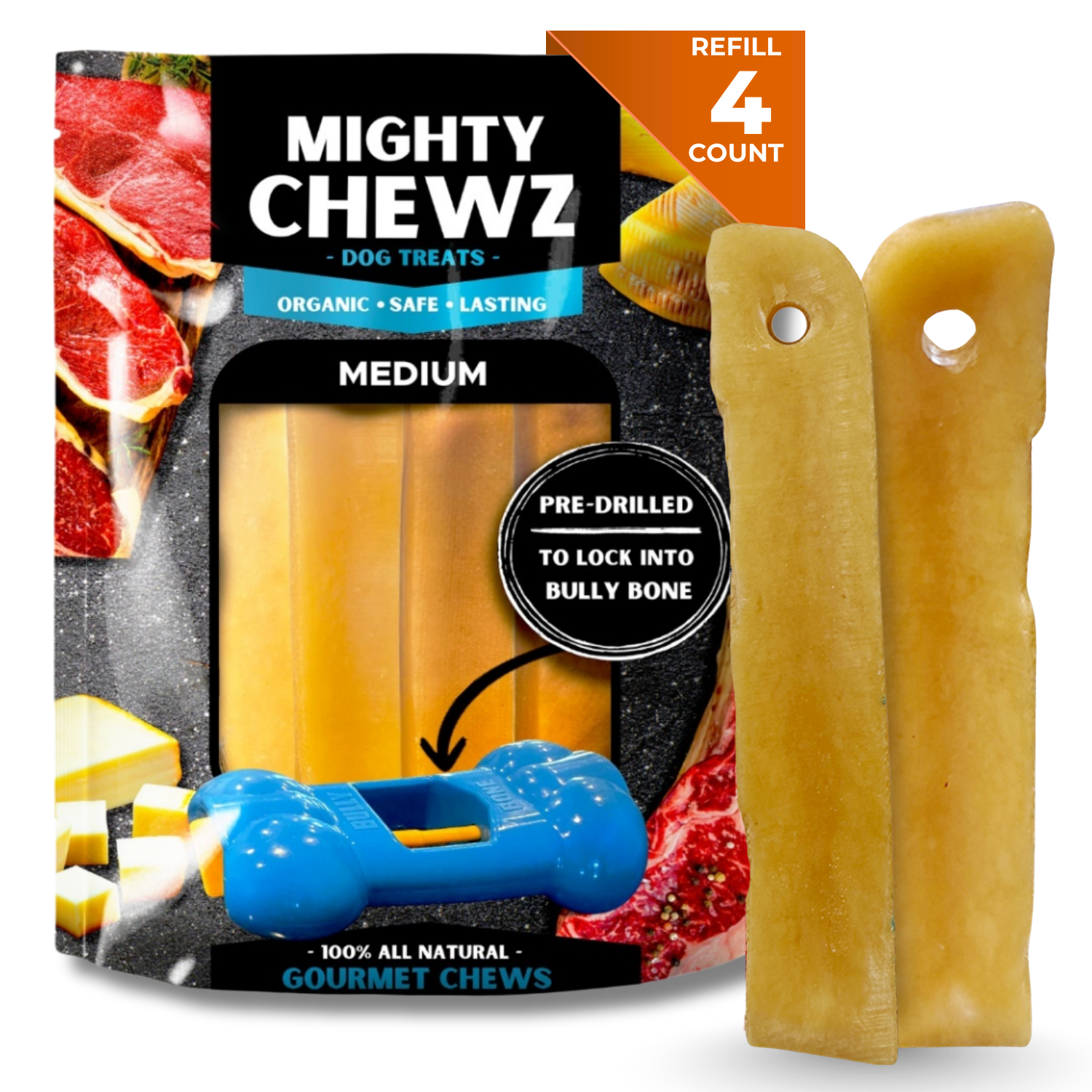
How Long Puppies Teethe: A Guide to Your Puppy's Dental Development
Welcoming a new puppy into your home is an exciting adventure, but it also comes with many questions, especially regarding your puppy's growth and development. One crucial aspect of a puppy's early life is teething, which can influence their behavior, health, and the condition of your belongings. In this blog post, we will explore the fascinating process of how long puppies teethe and what you can do to support them during this period.
1. When Does Teething Begin?
Puppies start teething at a remarkably young age, typically around 3 to 6 weeks old. During this phase, puppies are still with their mother and littermates, learning essential social skills and beginning their journey into the world of solid food.
2. The Teething Timeline:
Teething is a gradual process that can be broken down into several stages:
-
Deciduous Teeth: Puppies are born without teeth, but within a few weeks, deciduous (baby) teeth begin to emerge.
-
6-8 Weeks: By this stage, puppies usually have a full set of baby teeth. They will have 28 baby teeth, including incisors, canines, and premolars.
-
3-4 Months: The teething process intensifies as the baby teeth start to loosen and fall out. This makes way for the permanent teeth to grow in their place. This phase can be quite uncomfortable for your puppy, leading to increased chewing behavior and discomfort.
-
6 Months: At around 6 months of age, most puppies have their full set of 42 permanent teeth. The transition from baby teeth to adult teeth is usually complete by this point.
3. Signs of Teething:
Puppies may exhibit various signs of teething, including:
-
Chewing: An instinctual response to alleviate discomfort. Providing appropriate chew toys can help redirect their chewing behavior.
-
Irritability: Teething can be uncomfortable, leading to mood changes or increased sensitivity.
-
Excessive Drooling: As new teeth erupt, your puppy may produce more saliva.
-
Loss of Baby Teeth: You may notice small teeth on the floor or in your puppy's food.
4. How to Support Your Teething Puppy:
-
Chew Toys: Offer a variety of puppy-safe chew toys to help alleviate the discomfort and redirect their chewing habits from your furniture.
-
Frozen Treats: Provide frozen treats or ice cubes to help numb sore gums.
-
Gentle Play: Avoid tug-of-war or games that may stress your puppy's mouth while they are teething.
-
Regular Dental Care: Start gentle dental care practices early to establish a lifelong dental hygiene routine.
-
Veterinary Checkup: Ensure your puppy's teeth are developing correctly and address any concerns with your veterinarian.
5. When to Seek Veterinary Advice:
If your puppy's teething process seems overly painful or prolonged, or if they experience excessive bleeding or swelling, consult your veterinarian for guidance.
Conclusion:
Teething is a natural and important part of your puppy's development. Understanding the timeline and supporting your puppy through this phase with appropriate chew toys and care will help ensure a healthy transition from baby teeth to permanent teeth. By being patient, attentive, and proactive, you can make the teething process as comfortable as possible for your new furry family member.
Share































